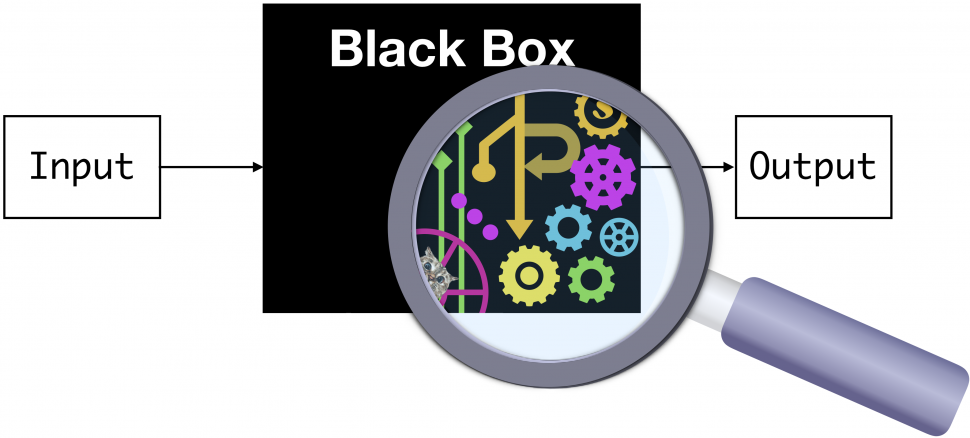- Courses
- GS Full Course 1 Year
- GS Full Course 2 Year
- GS Full Course 3 Year
- GS Full Course Till Selection
- Answer Alpha: Mains 2025 Mentorship
- MEP (Mains Enrichment Programme) Data, Facts
- Essay Target – 150+ Marks
- Online Program
- GS Recorded Course
- Polity
- Geography
- Economy
- Ancient, Medieval and Art & Culture AMAC
- Modern India, Post Independence & World History
- Environment
- Governance
- Science & Technology
- International Relations and Internal Security
- Disaster Management
- Ethics
- NCERT Current Affairs
- Indian Society and Social Issue
- NCERT- Science and Technology
- NCERT - Geography
- NCERT - Ancient History
- NCERT- World History
- NCERT Modern History
- CSAT
- 5 LAYERED ARJUNA Mentorship
- Public Administration Optional
- ABOUT US
- OUR TOPPERS
- TEST SERIES
- FREE STUDY MATERIAL
- VIDEOS
- CONTACT US
THE CHIEF ELECTION COMMISSIONER AND OTHER ELECTION COMMISSIONERS ACT , 2023
THE CHIEF ELECTION COMMISSIONER AND OTHER ELECTION COMMISSIONERS ACT , 2023
Context:
On December 28, 2023, President Droupadi Murmu gave assent to the Chief Election Commissioner and Other Election Commissioners (Appointment, Conditions of Service and Term of Office) Bill, 2023.
The Bill replaces the 'Election Commission Act, 1991'. It provides for the appointment, salary, and removal of the Chief Election Commissioner (CEC) and Election Commissioners (ECs). According to the provisions of the Bill, the CEC and ECs will be appointed by the President upon the recommendation of a Selection Committee.
Background: In the Anoop Baranwal vs. Union of India case in 2023, the Supreme Court decided that the Chief Election Commissioner and Election Commissioners will be selected by a group. This group includes the Prime Minister, Leader of Opposition in Parliament, and the Chief Justice of India. The court said that this group will give suggestions and advice to the President about who should be appointed in the Election Commission. This will continue until the Parliament makes a different law for this process.
Overview of the Bill:
- Introduction and Purpose: Focuses on the appointment, pay, and removal process of the Chief Election Commissioner (CEC) and Election Commissioners (ECs).
- Appointment of the Commission: The Election Commission will be appointed by the President, upon the recommendation of the Selection Committee. This committee includes the Prime Minister, a Cabinet Minister, and the Leader of the Opposition in the Lok Sabha (or the leader of the biggest opposition party). A Search Committee, led by the Cabinet Secretary, will give 5 names to the Selection Committee. The Selection Committee may consider any person other than those suggested by the Search Committee.
- Recommendations of the Selection Committee will be valid even when there is a vacancy in this Committee.
- Eligibility Criteria: Candidates should have worked in a top government position, similar to a Secretary. The CEC and ECs need to be honest, understand and have experience in managing elections, and should have been a Secretary (or a similar role) in the government.
- Salary and Service Terms: Their pay is the same as that of the Cabinet Secretary. Before, it was the same as a Supreme Court Judge's salary.
- Removal: The Bill keeps the same previous manner of removal of CEC and ECs as specified in the Constitution. An EC can be removed from office upon the recommendation of the CEC. The CEC or any EC may resign at any time by writing to the President.
- Terms of Service: 6 years or until 65 years of age.
- No re-appointment; however, an EC can become a CEC within these limits.
Constitutional Context:
- Article 324: Outlines the structure of the Election Commission of India (ECI).
- ECI's Role: Responsible for electoral rolls and conducting various elections.
- Previous Act (1991): Set CEC and ECs' salary level, but not their appointment process.
Critical Analysis:
- Concerns over Independence: Government dominance in the Selection Committee. Salary control by the government could influence the Commission. Limiting eligibility to bureaucrats might exclude other qualified candidates.
- Unaddressed Issues in the Bill: Removal process parity between CEC and ECs. Lack of provision for an independent secretariat for the ECI.
Implications for the Election Commission:
- Independence at Stake: The bill's provisions might compromise the ECI's autonomy.
- Historical Perspective: Contrast with the Constituent Assembly's vision of a free and independent ECI.
- Role of the Judiciary: Supreme Court's emphasis on an independent body for fair elections.
The Bill plays a crucial role in shaping India's electoral integrity and democratic processes. Requires careful consideration to balance the need for an efficient appointment process to maintain the ECI's independence.



